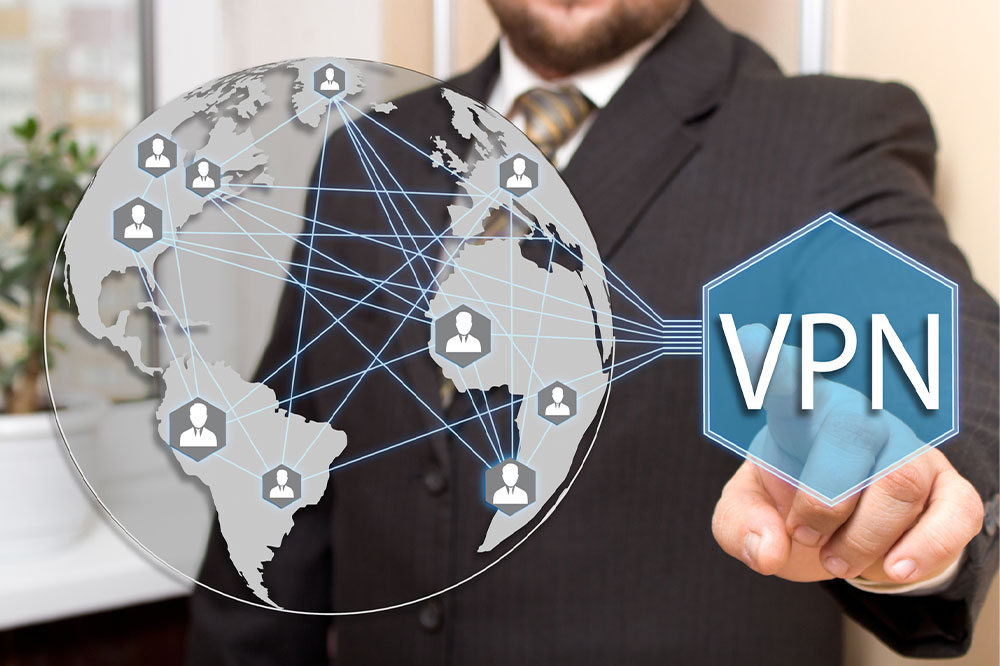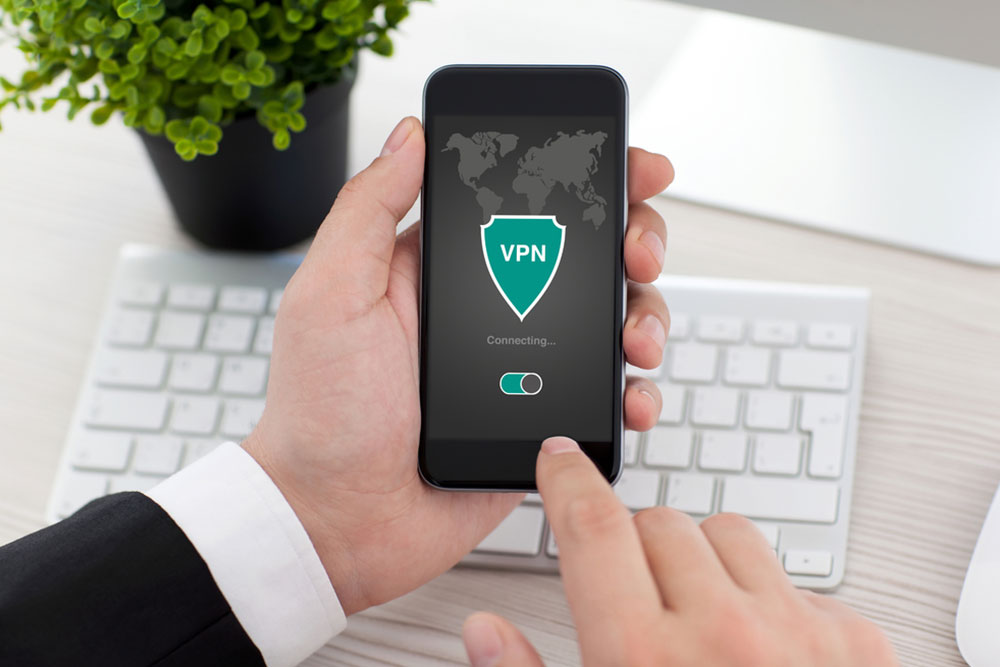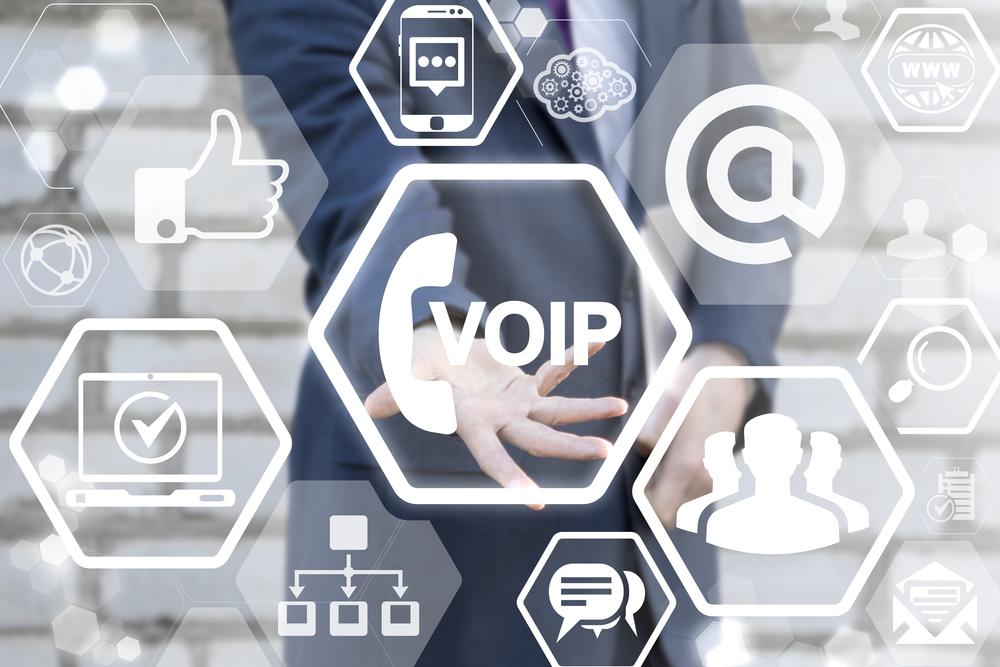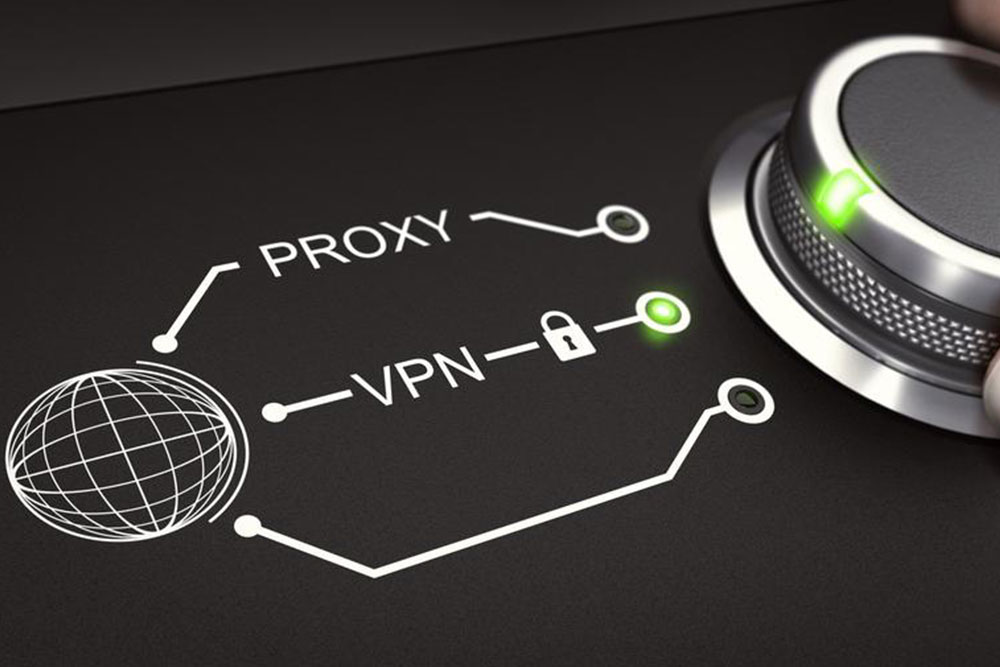Complete Guide to Virtual Private Networks (VPNs): Enhancing Online Security and Privacy
This comprehensive guide explores Virtual Private Networks (VPNs), detailing their function, benefits, and how they enhance online security and privacy. Learn how to choose the right VPN for your needs, the different security protocols, and practical use cases like bypassing geo-restrictions and securing remote work. Perfect for individuals and businesses alike, this article provides in-depth insights into maximizing your online privacy and security through VPN technology.

Understanding Virtual Private Networks (VPNs)
In today’s interconnected digital world, safeguarding personal information and maintaining online privacy have become more critical than ever. One of the most effective tools to achieve this is a Virtual Private Network (VPN). A VPN creates a secure, encrypted connection between your device — whether it’s a laptop, smartphone, or tablet — and a remote server operated by a VPN provider. This encrypted tunnel ensures that all data transmitted between your device and the internet remains confidential, protected from hackers, ISPs, and other malicious entities.
VPNs are widely used by individuals seeking privacy, as well as businesses that need secure remote access for their employees. With remote work becoming increasingly prevalent, VPNs have proven indispensable for enabling secure communications over public networks, such as coffee shop Wi-Fi or airport hotspots. By masking your IP address and encrypting your data, VPNs help prevent unauthorized access and surveillance, promoting a safer online experience.
In essence, a VPN encapsulates your internet activity within a secure channel, making it difficult for anyone to intercept or decipher your data. This added layer of security is especially vital when transmitting sensitive information such as personal details, banking credentials, or confidential work documents.
How VPNs Work: An In-Depth Look
A VPN operates by establishing an encrypted connection between your device and a remote server. When you activate a VPN, your internet data is routed through this server before reaching its final destination. This process effectively masks your real IP address with that of the server, making your online actions harder to trace back to your physical location.
Encryption protocols employed by VPNs vastly enhance security, preventing third parties from eavesdropping on your online activities. These protocols typically include OpenVPN, WireGuard, or IKEv2/IPSec, each offering different balances of speed and security. Many VPN providers also include features like DNS leak protection, kill switches, and IPv6 leak prevention to bolster your privacy further.
Using a VPN is akin to creating a private, secure tunnel through the sprawling internet. This not only helps safeguard your personal data but also ensures that your browsing remains private from potential trackers, advertisers, and government surveillance.
Choosing the Right VPN Service: Factors to Consider
Selecting an appropriate VPN service is crucial for ensuring optimal security, speed, and reliability. There are numerous VPN providers in the market, each offering different features and pricing models. Here are key aspects to consider when choosing a VPN:
Server Locations: A broad network of servers across various countries allows you to access geo-restricted content and offers flexibility in choosing a nearby server for faster connection speeds.
Logging Policy: Opt for VPN services committed to a strict no-logs policy. This guarantees that your browsing data, connection timestamps, and IP addresses are not stored or shared, maintaining your privacy.
Security Protocols: Ensure the VPN uses robust encryption standards like OpenVPN or WireGuard. Advanced security features such as multi-factor authentication and automatic kill switches are also advantageous.
Speed and Performance: A reliable VPN should provide fast and stable connections, minimizing buffering and lag, especially if you stream videos or play online games.
Compatibility and Ease of Use: Confirm that the VPN supports your devices and operating systems, with user-friendly apps for Windows, macOS, Android, and iOS.
Customer Support: Responsive customer service can resolve issues quickly, ensuring minimal disruption to your online activities.
Many VPN services provide interactive maps to help users select server locations efficiently. Typically, choosing a server close to your physical location yields better performance, but if accessing regional content is your priority, selecting a server in that region ensures seamless access.
Application of VPNs: Practical Benefits and Use Cases
Beyond boosting security, VPNs offer numerous practical benefits that cater to both individual users and businesses:
Enhanced Online Security: Whether you’re using a public Wi-Fi or private network, a VPN encrypts your web traffic, safeguarding you against cyber threats, hacking attempts, and data theft. Combining VPNs with multi-factor authentication further fortifies your security posture.
Access to Geo-Restricted Content: VPNs can bypass regional restrictions, enabling users to access streaming services, websites, or apps that are otherwise unavailable in their country. For instance, a user in Europe wanting to watch US-only Netflix shows can connect to a US server, enjoying uninterrupted streaming.
Anonymity and Privacy: By masking your IP address and encrypting your traffic, VPNs help maintain your anonymity online, reducing tracking by advertisers and preventing surveillance by government agencies.
Safe Remote Work: Businesses leverage VPNs to provide employees with secure access to company resources from remote locations, ensuring data protection and compliance with security standards.
Bypass Censorship and Restrictions: In countries where internet censorship is prevalent, VPNs enable users to access blocked websites and social media platforms, promoting free expression and open access to information.
With these comprehensive capabilities, VPNs have become essential tools for modern internet users seeking security, privacy, and access to global content.





